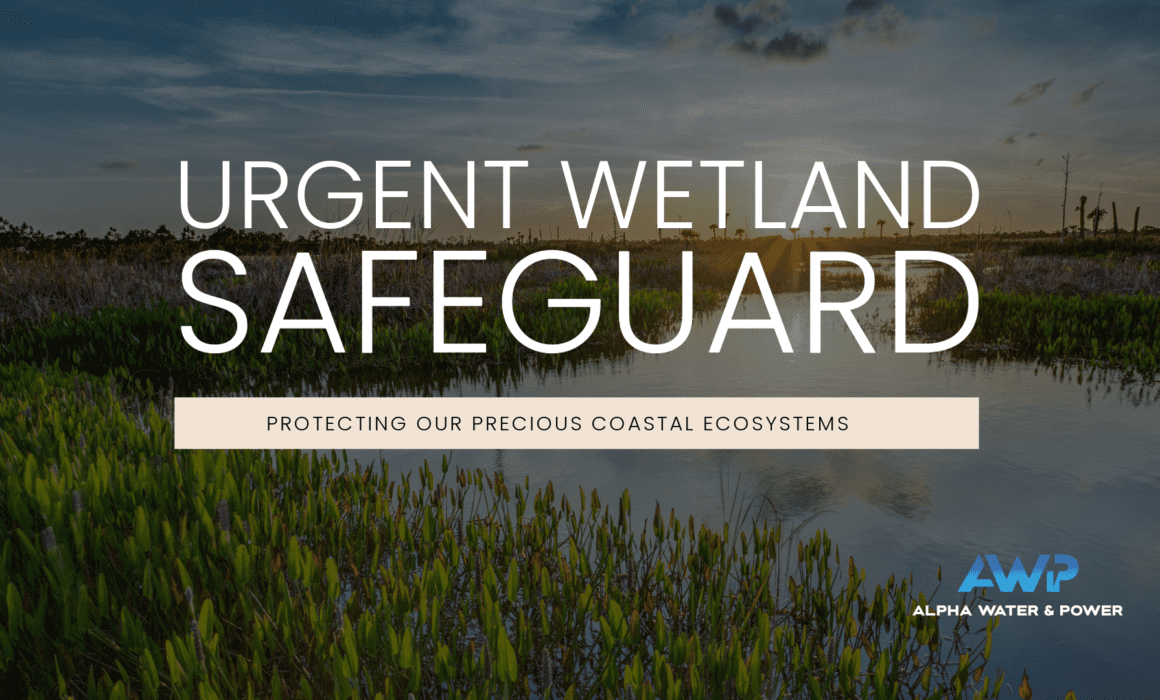Protecting Our Coastal Guardians: The Urgent Call to Safeguard Wetlands
In the heart of Louisiana’s sprawling wetlands, a silent crisis is unfolding. Scientists, stewards of our planet’s health, have sounded the alarm over a concerning discovery: our cherished wetlands are drowning. This revelation isn’t just an environmental concern; it’s a warning bell for the safety and resilience of our coastal communities.
The Unfolding Crisis
Wetlands, often overlooked but profoundly vital ecosystems, serve as nature’s frontline defense against the fury of hurricanes and storm surges. However, a recent study published in Nature Communications has unveiled a distressing reality: 87% of Louisiana’s coastal wetlands are struggling to keep pace with the rapid rise in sea levels. This isn’t merely a Louisiana problem; it’s a symptom of a global phenomenon. Climate change, fueled by human activity, has accelerated the warming of our planet, leading to the melting of glaciers and ice sheets, and consequently, a surge in sea levels.
The figures are staggering. Since 1880, global sea levels have risen by 8-9 inches, with a particularly notable spike observed in recent years. The 2022 global sea level reached a record high, and a NASA analysis discovered a startling increase of 0.3 inches from 2022 to 2023 alone. The implications are dire, especially for low-lying coastal regions like Louisiana, where the sea level rise outpaces other parts of the United States.
The Importance of Wetlands
Wetlands aren’t just marshy landscapes; they are invaluable shields against the wrath of nature. These ecosystems act as natural barriers, absorbing and dissipating the energy of tropical storms and mitigating the impact of storm surges on inland areas. Beyond their protective role, wetlands harbor rich biodiversity and provide crucial habitats for countless species. Their significance cannot be overstated.
A Call to Action
In the face of this crisis, action is not just an option; it’s an imperative. Countries around the world are recognizing the importance of wetlands and implementing measures to protect and restore them. From China’s innovative “sponge cities” to the United Kingdom’s expansive bog conservation efforts, there are glimmers of hope amidst the gloom.
But what can individuals do to make a difference? NOAA offers practical suggestions for concerned citizens. Volunteering for clean-up projects in your community is a tangible way to contribute to the preservation of wetlands. Additionally, spreading awareness about the plight of our vanishing wetlands is crucial in garnering support for conservation efforts. Simple everyday choices, such as opting for native plant species and embracing the “reduce, reuse, recycle” mantra, can collectively make a significant impact in safeguarding our coastal guardians.
Conclusion
Louisiana’s wetlands are not just a local treasure; they are a global asset. The challenges they face are emblematic of the broader environmental crisis confronting our planet. As stewards of Earth’s natural heritage, it is our collective responsibility to heed the warnings of scientists and take decisive action to protect and preserve these invaluable ecosystems. Together, we can ensure that our wetlands continue to stand as resilient bulwarks against the rising tide of climate change.

